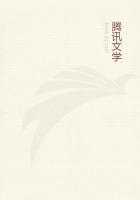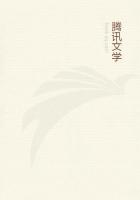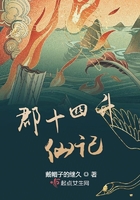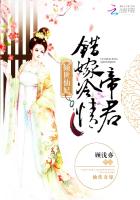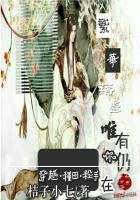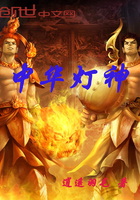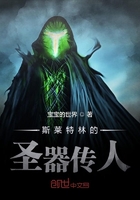"Am I never to know? Will you never tell me?" I said.
"It depends," she answered, after a long pause.
"On what?" I persisted.
"Ah, you ask too much," she replied. Then, raising to mine a face which inscrutable eyes, flushed cheeks, and smiling lips combined to render perfectly bewitching, she added, "What should you think if I said that it depended on--yourself?""On myself?" I echoed. "How can that possibly be?""Mr. West, we are losing some charming music," was her only reply to this, and turning to the telephone, at a touch of her finger she set the air to swaying to the rhythm of an adagio.
After that she took good care that the music should leave no opportunity for conversation. She kept her face averted from me, and pretended to be absorbed in the airs, but that it was a mere pretense the crimson tide standing at flood in her cheeks sufficiently betrayed.
When at length she suggested that I might have heard all Icared to, for that time, and we rose to leave the room, she came straight up to me and said, without raising her eyes, "Mr. West, you say I have been good to you. I have not been particularly so, but if you think I have, I want you to promise me that you will not try again to make me tell you this thing you have asked to-night, and that you will not try to find it out from any one else,--my father or mother, for instance."To such an appeal there was but one reply possible. "Forgive me for distressing you. Of course I will promise," I said. "Iwould never have asked you if I had fancied it could distress you.
But do you blame me for being curious?"
"I do not blame you at all."
"And some time," I added, "if I do not tease you, you may tell me of your own accord. May I not hope so?""Perhaps," she murmured.
"Only perhaps?"
Looking up, she read my face with a quick, deep glance.
"Yes," she said, "I think I may tell you--some time": and so our conversation ended, for she gave me no chance to say anything more.
That night I don't think even Dr. Pillsbury could have put me to sleep, till toward morning at least. Mysteries had been my accustomed food for days now, but none had before confronted me at once so mysterious and so fascinating as this, the solution of which Edith Leete had forbidden me even to seek. It was a double mystery. How, in the first place, was it conceivable that she should know any secret about me, a stranger from a strange age? In the second place, even if she should know such a secret, how account for the agitating effect which the knowledge of it seemed to have upon her? There are puzzles so difficult that one cannot even get so far as a conjecture as to the solution, and this seemed one of them. I am usually of too practical a turn to waste time on such conundrums; but the difficulty of a riddle embodied in a beautiful young girl does not detract from its fascination.
In general, no doubt, maidens' blushes may be safely assumed to tell the same tale to young men in all ages and races, but to give that interpretation to Edith's crimson cheeks would, considering my position and the length of time I had known her, and still more the fact that this mystery dated from before I had known her at all, be a piece of utter fatuity. And yet she was an angel, and I should not have been a young man if reason and common sense had been able quite to banish a roseate tinge from my dreams that night.


